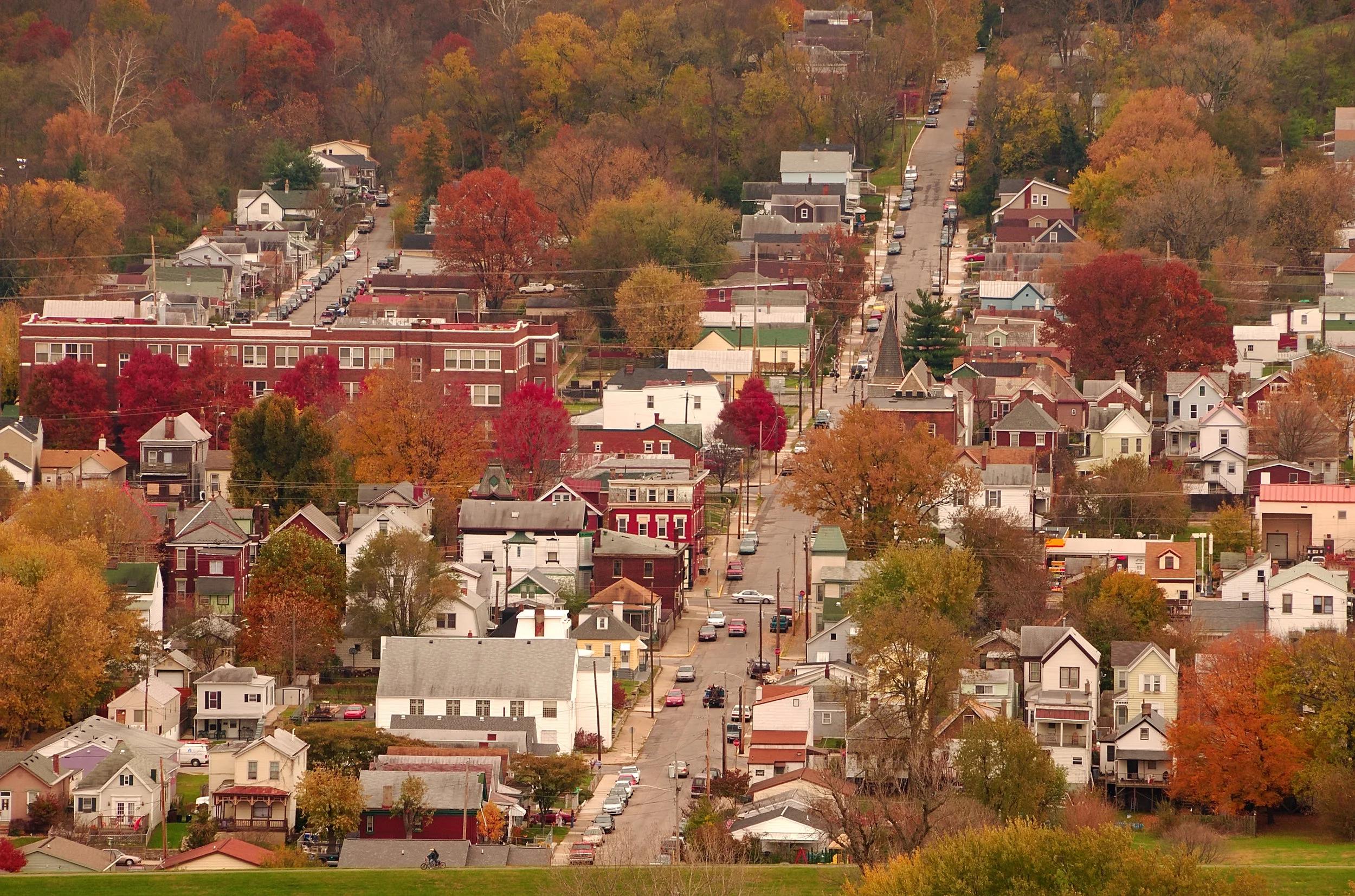Among the many evils of the electoral system is this: it divides the votes in small towns by partitioning them into 50 states. These towns' citizens are then outvoted by the citizens of the larger towns and cities in each state.
But the interests of small towns are distinctly different. As explained here, small towns in the West have figured out how to have vibrant economies, to attract young people and immigrants, to balance opportunity with quality of life. In the Midwest, small towns have lagged behind. Federal policy should learn from successful small towns and try to repeat these successes elsewhere.
There are more than 18,000 small towns (population less than 25,000). They contain more than 30 million people. This huge voting block would be important to any party's nominee if only the national vote mattered. Instead, with the winner-take-all curse and the disregard of runner-up votes that are both part of the electoral system, the small town voting block isn't a block at all. It is just an outvoted minority in virtually every state.
Some defenders of the current system conjure up the notion that small towns and rural interests are advanced by the electoral college. The exact opposite is the case.
Some also claim that presidential candidates would ignore small towns. That is what they do now. If every vote mattered, candidates in the presidential election would advertise in small town newspapers, on small town radio, and on the nearest broadcast TV station carried by the small town cable system. They would use email and social media to reach small town voters everywhere in the country. They might even have a bus tour through small towns a la Clinton-Gore in 1992.
The importance of swing states in the existing system sucks attention from small towns. The pluralities in the swing states are won by urban and suburban turn-out.
Nothing about the current system motivates candidates in the general election to pay attention to the 30 million small town voters. So they are angry with reason, and democracy is in their interest. Not that politicians are telling them that. This truth would threaten the political power structure in every state.
Nor do commentators explain to small town citizens that the current system hurts them.
Why not? Because historians and law professors do not understand the perniciousness of the existing system; political scientists since the death of Robert Dahl have burrowed into intellectual tunnels and left democracy poorly examined; and presidents and their media followers prioritize urban and suburban viewers over small town audiences.

